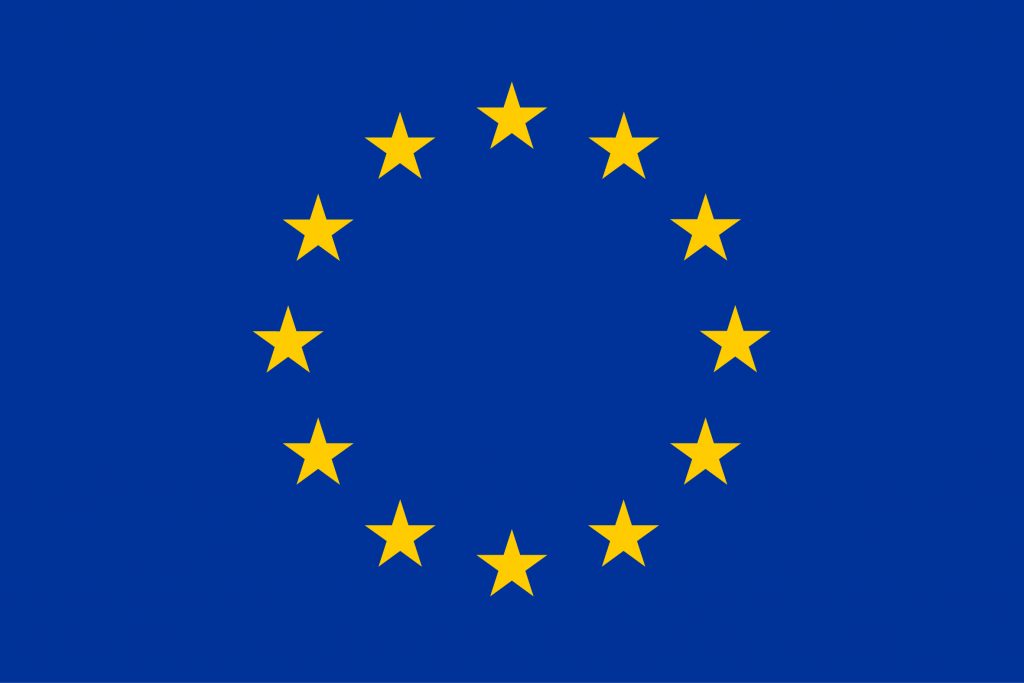ABOUT US
Cities2030
Cities2030 fosters the co-creation of resilient, sustainable, and innovative urban food systems
within the framework of FOOD2030. Employing a multi-actor approach, the project designs progressive policies, formulates action plans, and orchestrates experiments involving researchers, companies, public authorities, civic societies, and citizens.
Consumer choices have the power to guide sustainable shifts in the market. Food system stakeholders engage in a transdisciplinary Alliance and an interactive learning journey that empowers city leaders, researchers, entrepreneurs, and experts to collaboratively construct a citizen-centred model.
An Observatory is established to perceive the urban food system as an interconnected entity, weaving scattered initiatives into comprehensive policies and pioneering
strategies. Furthermore, technologically advanced, and exploitable tools are devised to bolster innovation in the food chain.
Operating through result-driven CRFS Policy and Living Labs, the project propels policy enhancements and innovations, steering leadership towards investments that facilitate a sustainable CRFS transition.
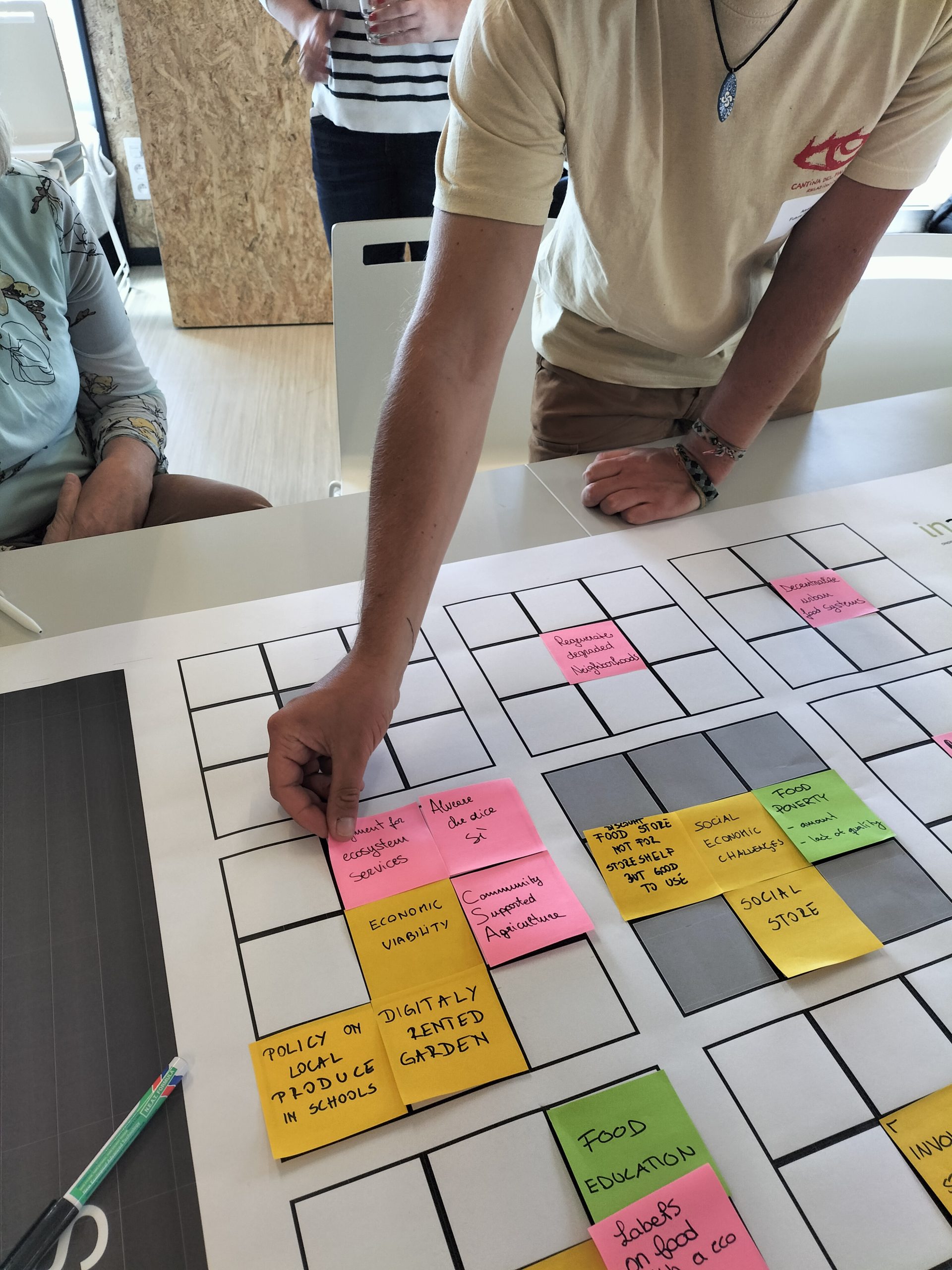
Latest news
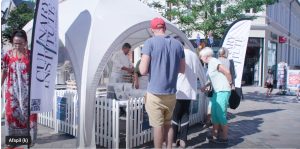
“Fjorden på Bordet” – Bringing the Inlet to the Table at the Innovation Festival and Cultural Night in Vejle
From 25 August to 2 September 2022, the Pitch Event Fjorden på Bordet was held as part of the Festival of Innovation held at Dandy

Workshop with Seligmansschool: Exploring Sustainable Food
Vejle Municipality – Culinary Institute By Vejle Erhverv, has taken a proactive step towards fostering a sustainable food culture right from the grassroots. In a
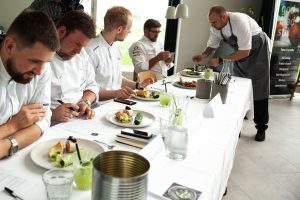
Pitch Event: Local Cooking
On August 29, 2022, Vejle Municipality (P10) /Culinary Institute by Vejle Erhverv, proudly hosted the “Local Cooking” competition. This culinary contest was specifically designed for
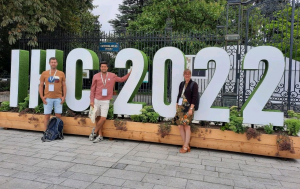
Team Agrotopia from Inagro took part in the international conference for horticulture in Angers
The International Horticultural Congress (IHC) gathers every four years experts and stakeholders in the fields related to horticulture. This year the scientific program was structured in 25 symposia over 5 days complemented with workshops and site visits at the city of Angers. Team Agrotopia from Inagro took part in the international conference for horticulture in Angers (IHC2022), sharing our own experiences on professional urban farming and the potential of the living lab approach in food system transformation.
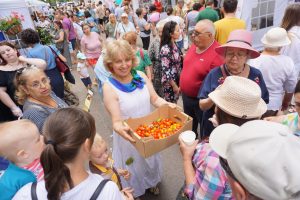
It is over the Fair of Iași in Traditional, Organic, and Mountain Dishes (9-10th of July 2022, Parcul Expoziției of Iași)
We would like to give special thanks to the consumers who attended the fair in an impressive number, at least 7,000 persons. Their trust in local producers contributed to a very cordial atmosphere of the fair overall. At the same time, special thanks go to the participant producers for their seriousness and high quality of the products as these have contributed to the fair’s success.
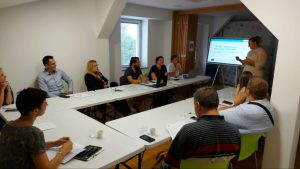
VG Lab Meeting of the CITIES 2030 project is underway
Bringing together representatives of institutions and organizations from various sectors to exchange thoughts on the state and needs related to food production and supply chains in the City and the region Zagreb County.
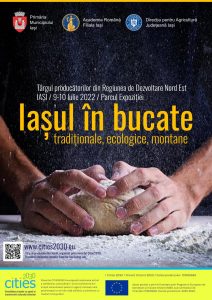
The Fair of Iași in Traditional, Organic, and Mountain Dishes (9-10th of July 2022, Parcul Expoziției of Iași)
On the 9th and 10th of July, between 10 a.m and 9 p.m., the Fair of the Producers from the North-East Region of Romania will be held under the brand name Iași in Traditional, Organic, and Mountain Dishes. The fair is organized by Iași City Hall, Romanian Academy-Iași Branch, and Iași County Agricultural Directorate and held in the Main Alley of Parcul Expoziției ((aka Exhibition Park), in Iași City.
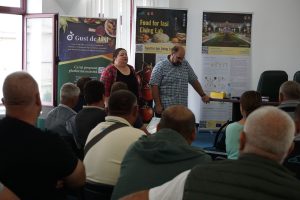
Meeting with local producers in Food for Iasi Living Lab. June 10, 2022
We met with local producers in Iași County to identify the problems they face in the agri-food chain. The meeting was attended mainly by producers of animal products, but also vegetable growers. In the first part, the Cities2030 project and the innovative Food for Iasi Living Lab hub were presented. During the meeting, issues were identified, especially regarding: market access, access to financing, support of local authorities.
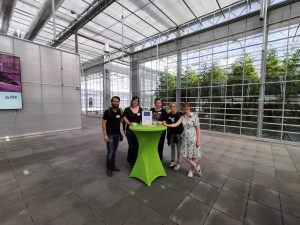
VE-GO-RA and Inventivna rješenja Ltd at the 1st transnational meeting of the Cities2030 project and the Agri-Food event in Belgium
As part of the EU Horizon2020 project Cities2030, the Development Agency VE-GO-RA and INVENTIVNA RJESENJA d.o.o. participated in the first transnational meeting of 41 European partners and the Agri-Food event in Roeselare, Belgium. The partners discussed the future activities and current challenges of the project with regard to the complexity of the project activities and related goals, i.e. creating prerequisites for further development of the project.
Cities2030 Consortium
A broad, integrated, and transdisciplinary consortium comprising 41 partners and 3 linked parties, coordinated by the University of Ca’ Foscari of Venice, is currently developing the Cities2030 project, for the co-creation of resilient, sustainable, and innovative urban food systems within the framework of FOOD2030. Universities, research centres, cities, regions, development agencies, cultural and social associations, companies and experts, active in the FOOD SYSTEM are actively co-operating with the main goal to innovate FOOD POLICIES and sustainable PRACTICES, advacing new
patterns, techniques and digital. The Consortium is experimenting with new governance models, placing consumers in the core of their actions to improve the sustainability of pilot CRFS (City Regions Food Systems) and evolve the pilot Living Labs, assuming to reach 50 CRFS LABS willing to follow the project and its results.
Vision
The project Cities2030 envisions a future where city-regions worldwide embrace sustainable, healthy, and inclusive food systems. Aligned with FOOD 2030, the New Urban Agenda, and SDG 11, it pioneers policy solutions, using multi-actor participation and system thinking. CRFS LABS are hubs for evidence-based policy-making. Action plans, co-designed by government departments, align with FOOD 2030 goals. Digital tools enhance efficiency. An Alliance and expert groups drive policy innovation. Over 50 CRFS Labs form a global network, advocating for sustainable food systems. The project promotes behavioural change for healthy diets, responsible production, and consumption, fostering long-term transformation.
Approach
Cities2030 promotes citizen engagement, transforming passive consumers into motivated change agents through a trusted City-Region Food System (CRFS). This approach fosters connections within the rural-urban context, addressing the entire value chain from production to waste management. It advances dynamic relationships between livelihoods, economic development, food security, nutrition, social inclusion, equity, and resilience within a multi-scale framework encompassing economic, environmental, and social conditions. Cities 2030’s approach is built on these principles, aiming for holistic, sustainable urban food systems.
Results
Over a span of four years partners will be working on developing labs, conducting a series of experiments and creating smart-tools aimed at enhancing policies and practises within the CRFS. Within a large actionable, deployable and transferable result framework, the following key results will be achieved:
CRFS Alliance
The CRFS Alliance is a network of actors and stakeholders, encompassing the food value chain. It operates as a community of practice and as a platform for know-how exchange
CRFS Observatory
The CRFS Observatory is an open-access platform where users can readily access comprehensive information, studies, policies and food-related data.
CRFS Labs
CRFS policy and living labs have been developed to introduce innovative policies and to facilitate the co-creation and the testing of sustainable innovative solutions.Explore the outcomes of these labs on the community platform
City-scale pilots
A series of city-scale pilots have been initiated to test the proposed frameworks and to extraxct valuable insights for their validation
Systems thinking
An innovative and tailored System Thinking methodology to collaboratively address problem-solving challanges in the food sector with a specific focus on CRFS dimention will be introduced
Data-driven CRFS
Smart Tools, including cradle-to-cradle data-driven solutions and Digital CRFS Management Platform based on Blockchain Technology will be designed and delivered

